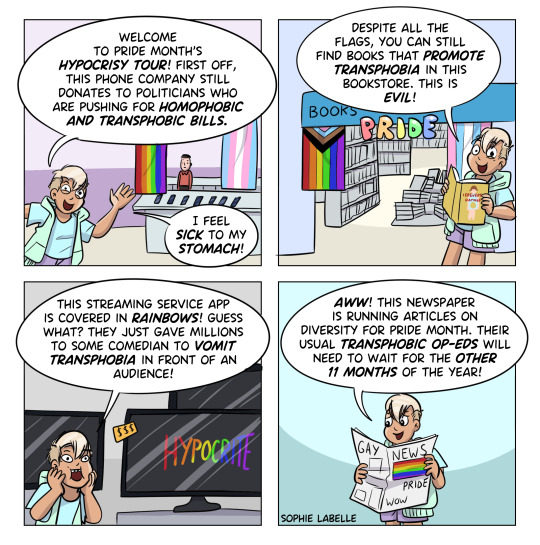Text
a detailed list of things i hate
hot weather
high temperatures
heat
warmer than average conditions
426K notes
·
View notes
Text
And of course, my favourite, Georges Perec's 'A Void' (which does include a couple of references to an unseen character named Gadsby). It's an amazingly fun read as well as an impressive lipogram. He then went on to write a novella with 'e' as the only vowel ('Les Revenentes') but from what I can tell that was never translated into English - I feel like Gilbert Adair, who translated 'A Void', deserves almost as much credit as Perec himself!
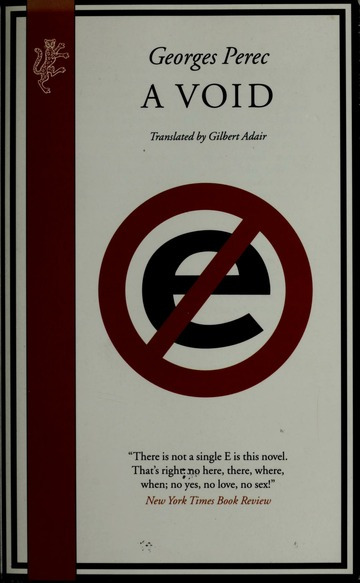
it's healthy for academics to have professional feuds. enrichment activity
53K notes
·
View notes
Photo

Laurence Sterne’s gesture towards the impenetrability of death, the black leaf as it appears in the first edition of Tristram Shandy, 1759 — https://publicdomainreview.org/essay/alas-poor-yorick-the-death-and-life-of-laurence-sterne
76 notes
·
View notes
Text
Welcome to the 30th Annual IFComp!

2024 IFComp Logo, by Lauren Davies
We’re glad you’re here. If this is your first time joining us, welcome! If you’re already familiar with us, welcome back! Either way, we hope you have a great time and enjoy exploring some of the over seventy new games we have for you this year.
What's next?
Check out the games, now live at ifcomp.org
You have until October 15, 2023 at 11:59pm Eastern to vote.
You only have to play & rate 5 games to be a judge! (Yep, just five!)
We would love to expand the number of judges! You can help!
Talk about the competition on social media, and encourage others to check out all these new games. Consider playing with a friend or family member who is new to interactive fiction, talk about the games together, and encourage them to vote as well. Thanks!
We will do a post-competition survey to capture your ideas for improving the competition in the future, so if you have thoughts about improvements, please watch for the survey in October.
Email us at [email protected] if you have any questions.
Thank you in advance for judging!
—Jacqueline Ashwell, September 2024
83 notes
·
View notes
Text


You're Human Like the Rest of Them (1967), dir. B.S. Johnson
410 notes
·
View notes
Text

Microsoft Musical Instruments (1992) The Synthesizer
583 notes
·
View notes
Text

Suzanne van Damme - The Sign of Atlantis (ca. 1940s)
188 notes
·
View notes
Text
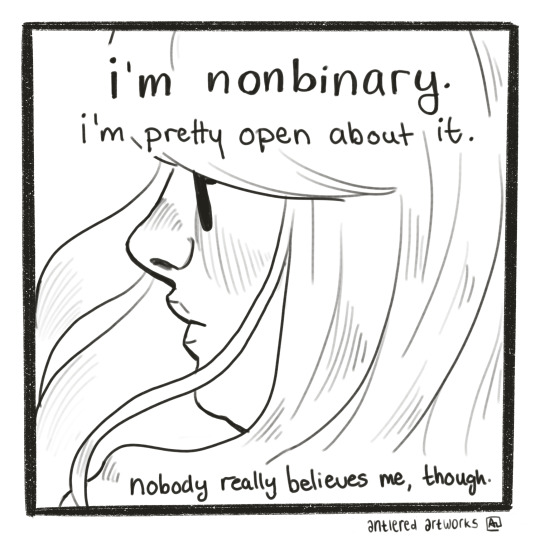
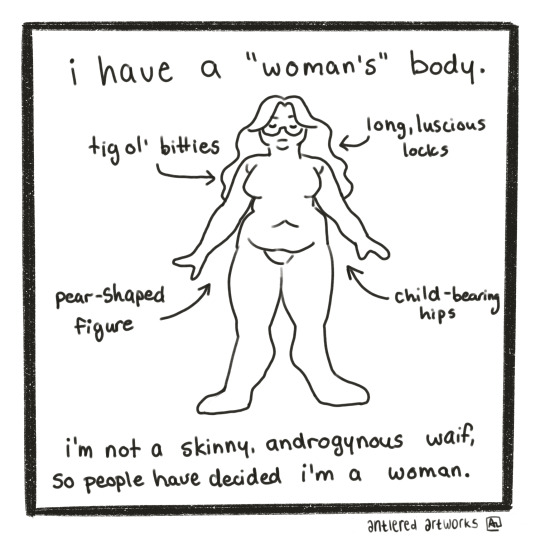
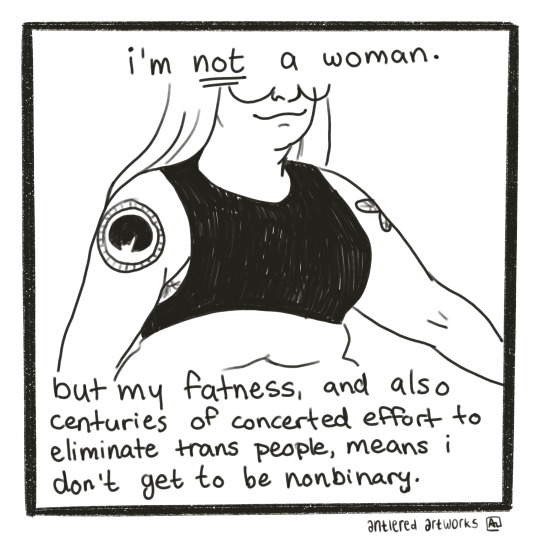

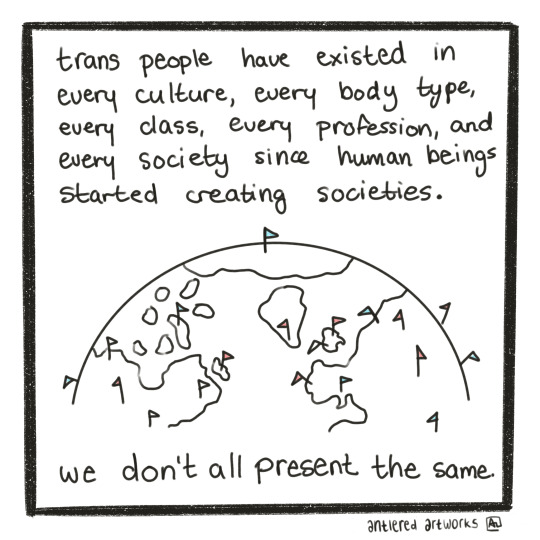
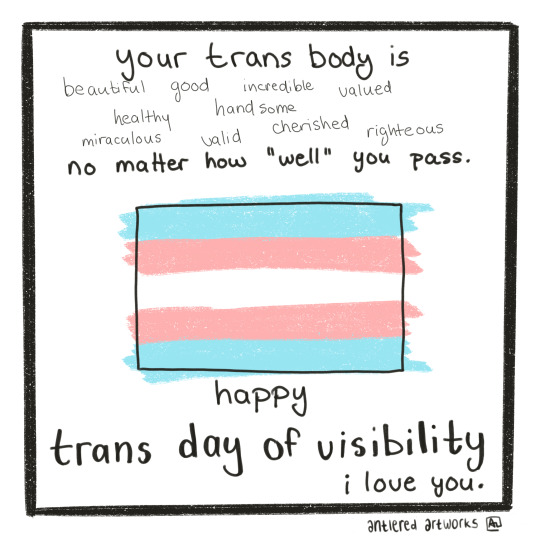
happy tdov my loves. don't let anyone else define your transness for you.
help trans women evacuate gaza
87K notes
·
View notes
Text
One of the most common criticisms of "housing first" initiatives (programs to provide housing for unhoused people unconditionally without gatekeeping) is that housing first "does not improve mental health." Now, let's set aside for the moment that this criticism is irrelevant -- the purpose of housing is to provide shelter, not to "improve mental health" -- what definition of "mental health" could possibly make this true? As much as I try to critique and deconstruct the social construction of "mental health," how could it possibly be true that having a safe, assured place to live would not result in greater happiness, greater inner peace, less depression, less anxiety, less negative emotions, than living on the street? What possible definition of "mental health" would not be improved by being housed rather than unhoused?
Answering this requires unpacking the wildly different, almost completely unrelated, definitions of "mental health," one applied to relatively privileged people, and one applied to oppressed people.
For relatively privileged people, the concept of "mental health" is centered on emotional well-being, introspection and self-awareness, and the mitigation or management of negative emotions like pain, depression, anxiety, and anger.
For oppressed people, the concept of "mental health" is centered on compliance, obedience, and productivity.
Like most privilege disparities, this isn't binary. For most people who are privileged in some ways and marginalized in other ways, "mental health support" will include some degree of the emotional support given to privileged people, and some degree of the compliance and productivity training given to oppressed people, with the proportions varying on where exactly each person falls on various privilege axes. All children are oppressed by ageism, so all children's "mental health" has some elements promoting compliance, obedience, and productivity. But relatively privileged children may also receive some emotional support mixed in, while children of color, children in poverty, and children with existing neurodivergence labels will receive a much higher ratio of compliance training to emotional support.
One of the clearest illustrations of this disparity is the contrast between the "self-care" recommended to privileged people, and the "meaningful days" imposed on oppressed people.
Relatively privileged people are often told, by therapists, doctors, mental health culture, and self-help books, that they are working too hard and need to rest more. They're told that for the sake of their mental health, they need work-life balance, self-care, walks in the woods, baths with scented candles. Implicit in these recommendations is that the reason these people are working too hard is because of internal factors, like guilt or emotional drive, rather than external factors, like needing to pay the bills and not being able to afford a day off.
By contrast, unhoused people, institutionalized people, people labeled with "severe" or "serious" or "low-functioning" mental disabilities, are literally prescribed labor. Publicly funded "mental health initiatives" require the most marginalized members of society to work tedious jobs for little or no pay, under the premise that loading boxes at a warehouse will make their days "meaningful" and thus improve their "mental health." And unlike the self-care advice given to relatively privileged people, the forced-labor-for-your-own-good approach is not optional. People are either forced into it directly by guardians or institutions, or coerced into it as a precondition to access material needs like housing and food.
The form of "mental health" applied to relatively privileged people has some genuinely useful and beneficial elements. We could all stand to introspect and examine our own feelings more, manage our negative emotions without being overwhelmed by them, have self-confidence. We all need rest and self-care.
Still, privileged mental health culture, even at its best, is deeply flawed. At best, it tends to encourage a degree of self-centeredness and condescension. It's obsessed with classifying experiences as "trauma" or "toxic." It's one of the worst culprits in feeding the "long adolescence" phenomenon and generally perpetuating the idea that treating people as incompetent is doing them a kindness. Even the best therapists serving the most privileged clients have a strong tendency towards gaslighting and "correcting" people about their own feelings and desires.
But perhaps the worst consequence of privileged mental health culture is that it gives cover to the dehumanizing, abusive, compliance-oriented "mental health care" forced upon the most marginalized people. Privileged people are encouraged to universalize their experiences with sentiments like "We all deal with mental health" or assume that the mild, relatively benign "mental health care" they experienced are the norm, so what are those silly mad liberation people complaining about?
Tonight, I listened to a leader from an agency serving unhoused people talk about how "Everyone struggled with mental health during the pandemic"... and then later mention that their shelter categorically excludes people with paranoid schizophrenia diagnoses. So perhaps "everyone struggles with mental health," but only certain people are categorically excluded from services, from shelter, from autonomy, from basic human rights, because of how their brains happen to work.
As always, it seems like so much effort in the mad liberation/ neurodiversity/ antipsychiatry movement is spent holding the hands of relatively privileged people receiving relatively privileged "mental health care" and reassuring them that we're not trying to take it away from them. Fine, it's great that you like your antidepressants and anti-anxiety medication and your nice therapist who listens to you and your support group. Great. Go live your best life. But that has nothing to do with our fight against forced drugging, forced labor, forced institutionalization, forced poverty. It's not even close to the same "mental health."
3K notes
·
View notes
Text
i feel like i'm losing my mind why has the AI debate pivoted away from material/labor concerns back to debates about Real vs Fake Art. cannot express just how little i care about relitigating Art and high art and low art and skilled vs unskilled art. what i care about is the treatment and compensation of workers, the power corporations are exerting over intellectual property and creators, the continued extraction of resources, and the omnipresent glut of spam and disinformation with few or no regulations/resources that filter out the SEO AI generated nonsense
53K notes
·
View notes
Text

Mildred Anne Butler (Irish, 1858-1941) - Winter Survival
1K notes
·
View notes
Text
One of the best films.
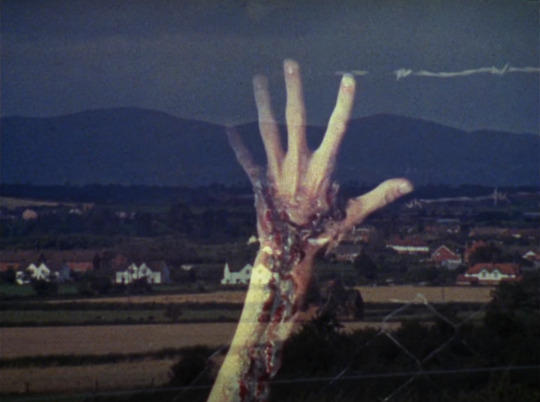

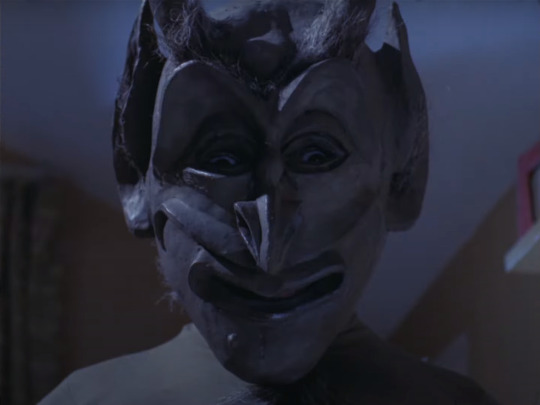
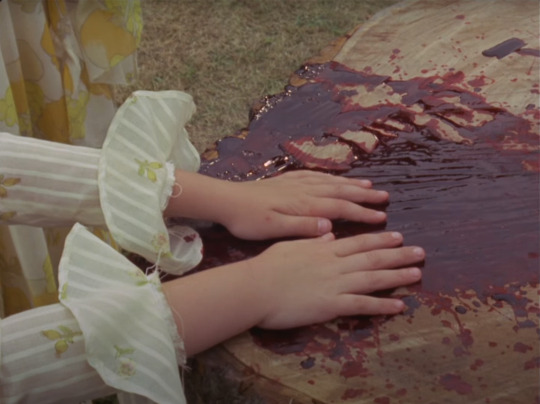
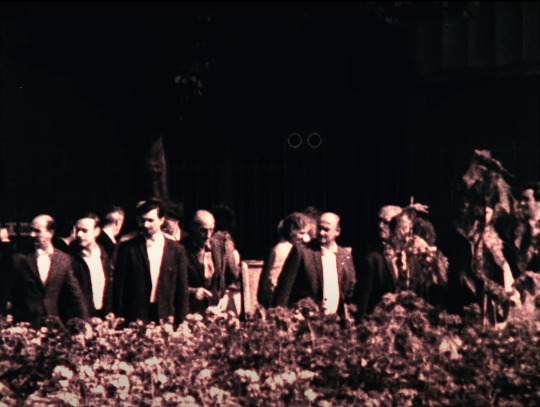

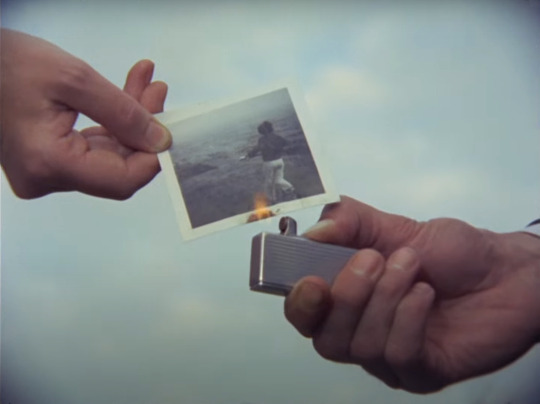

Penda's Fen (1974) dir. Alan Clarke
658 notes
·
View notes

